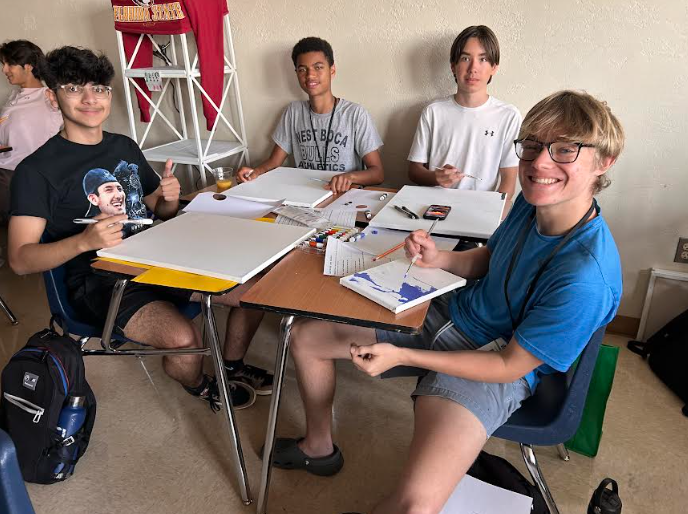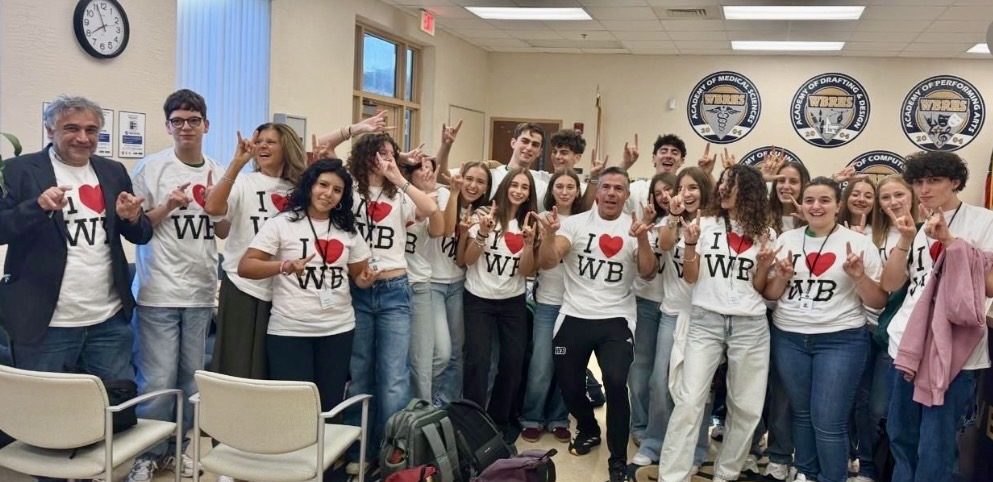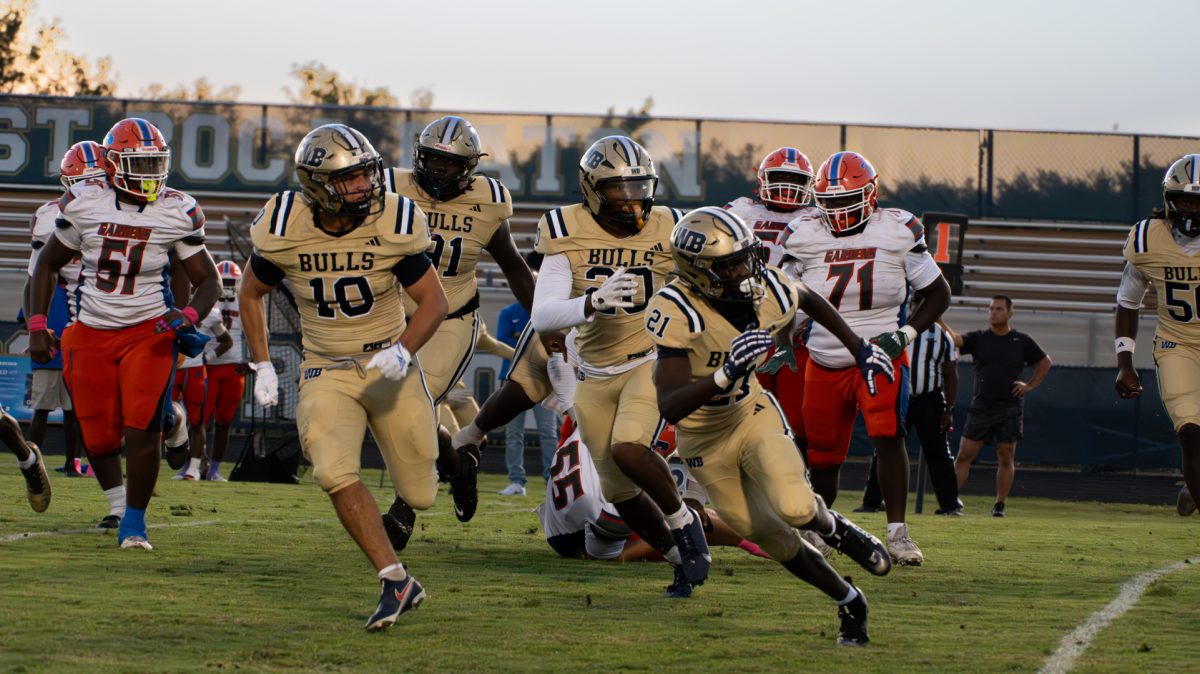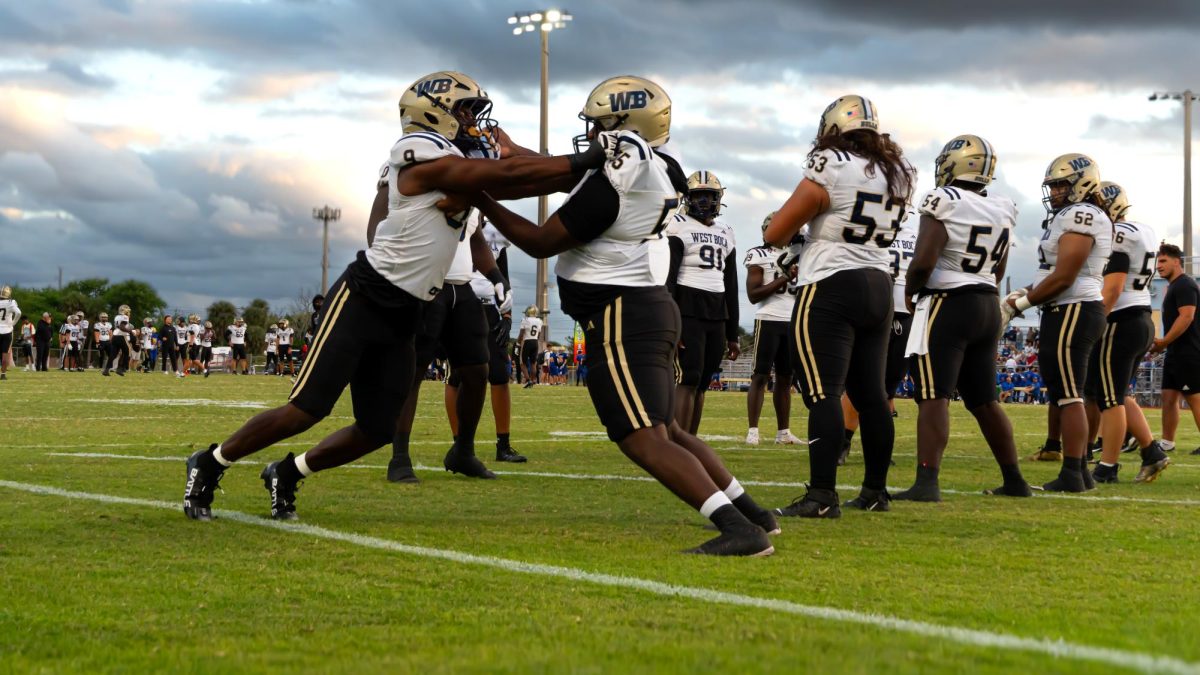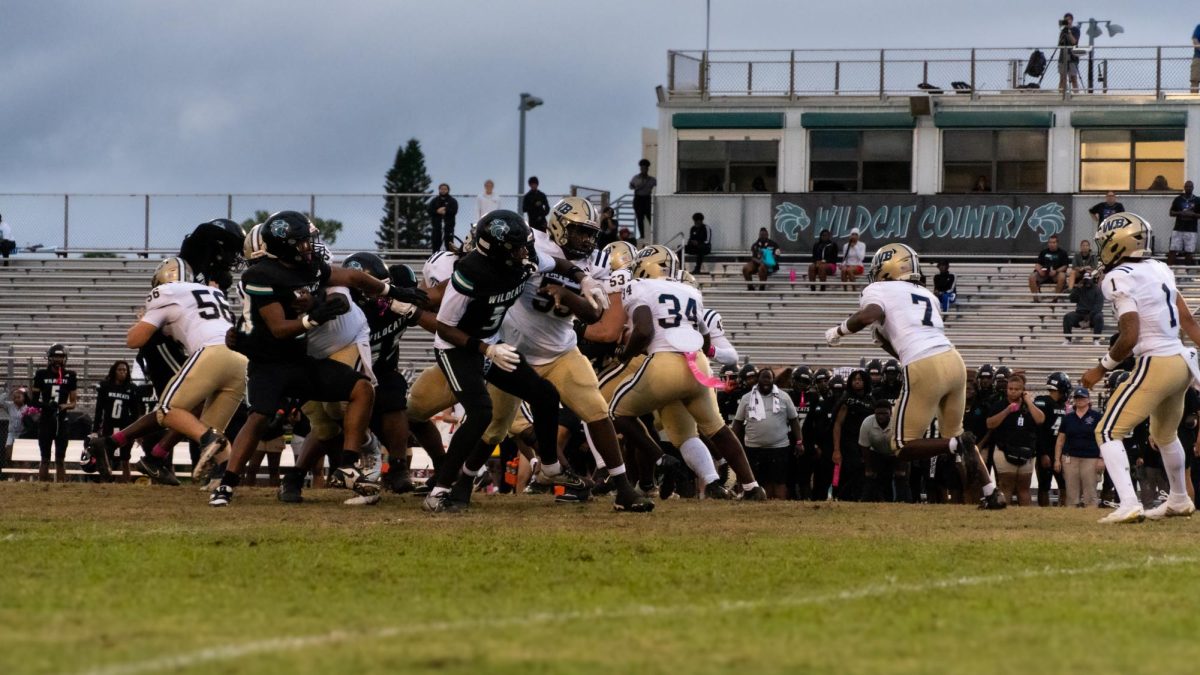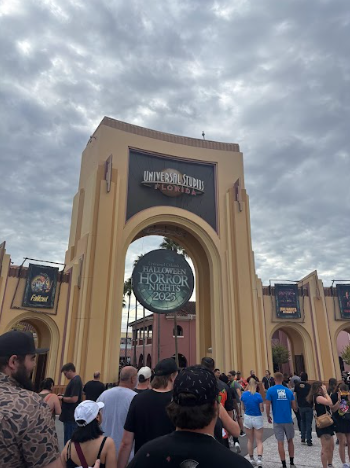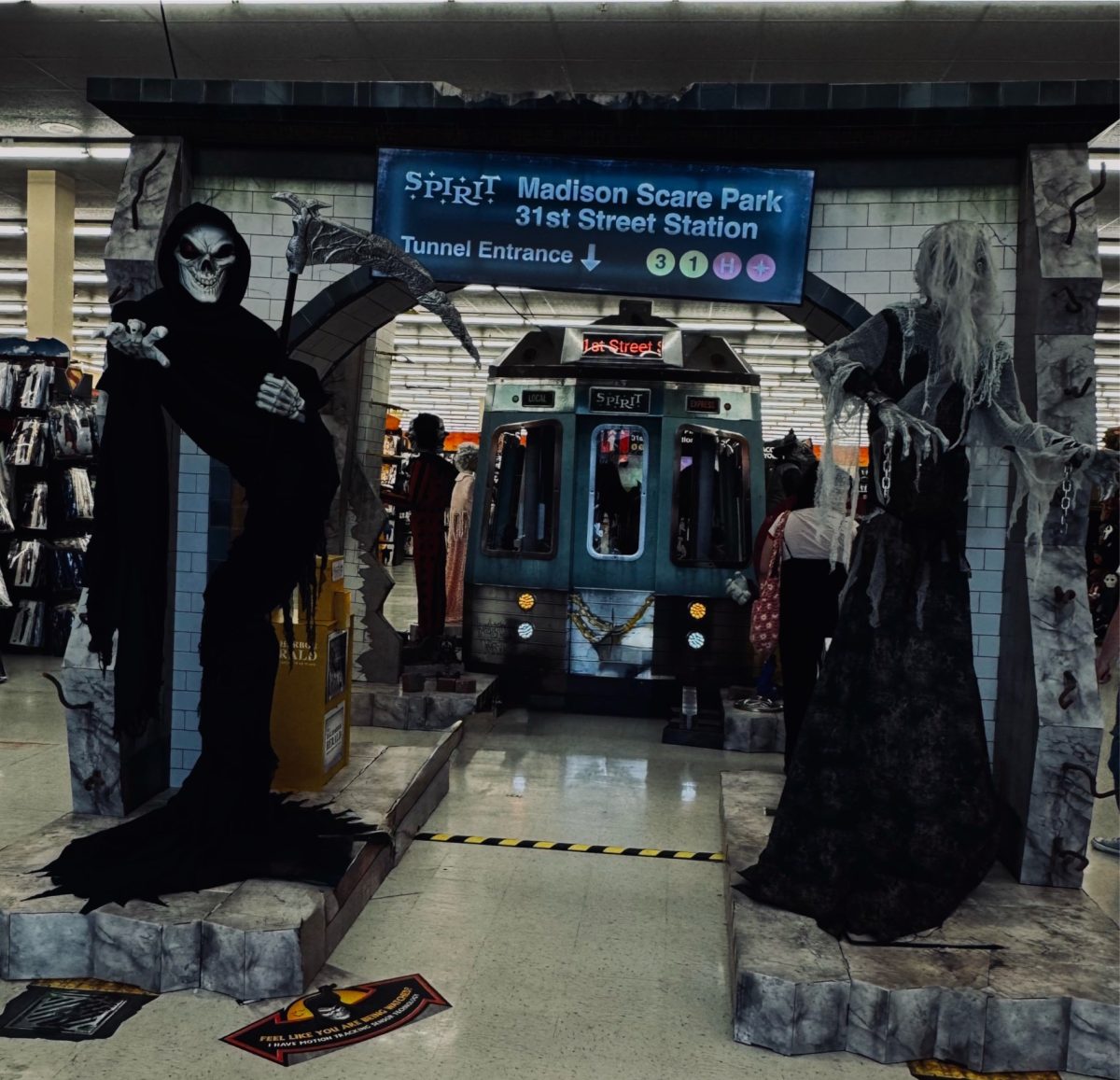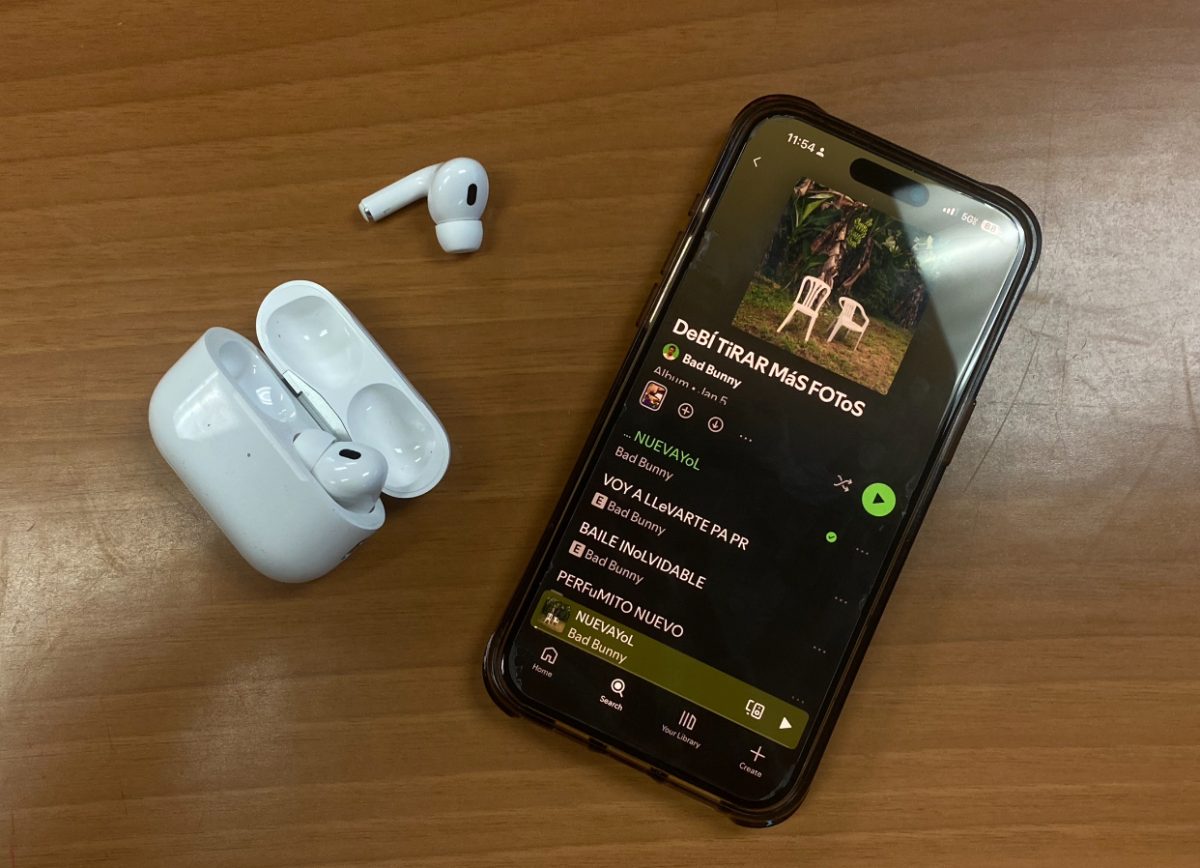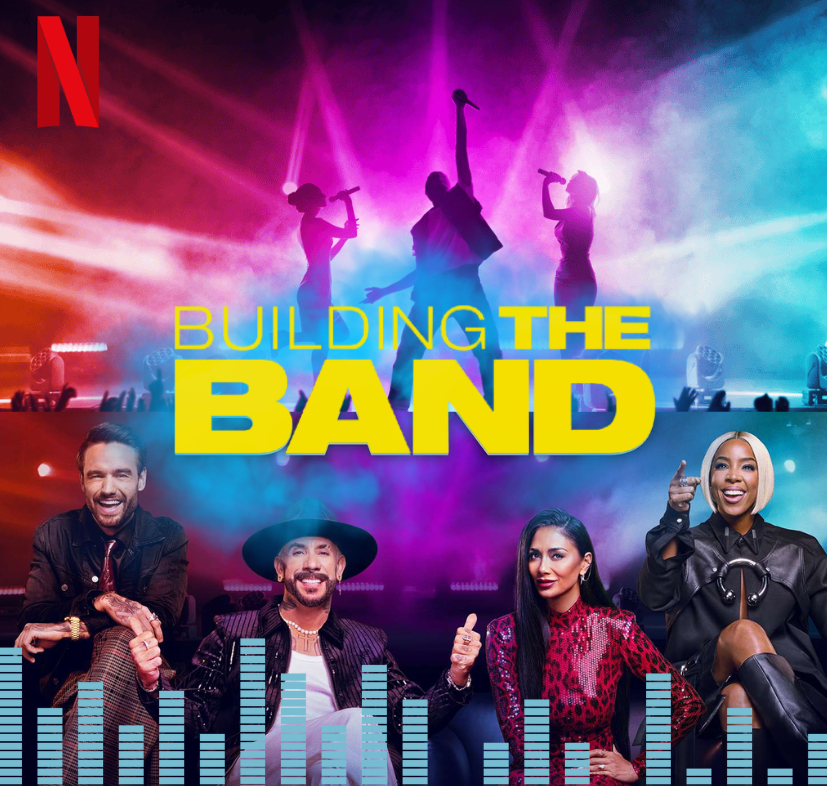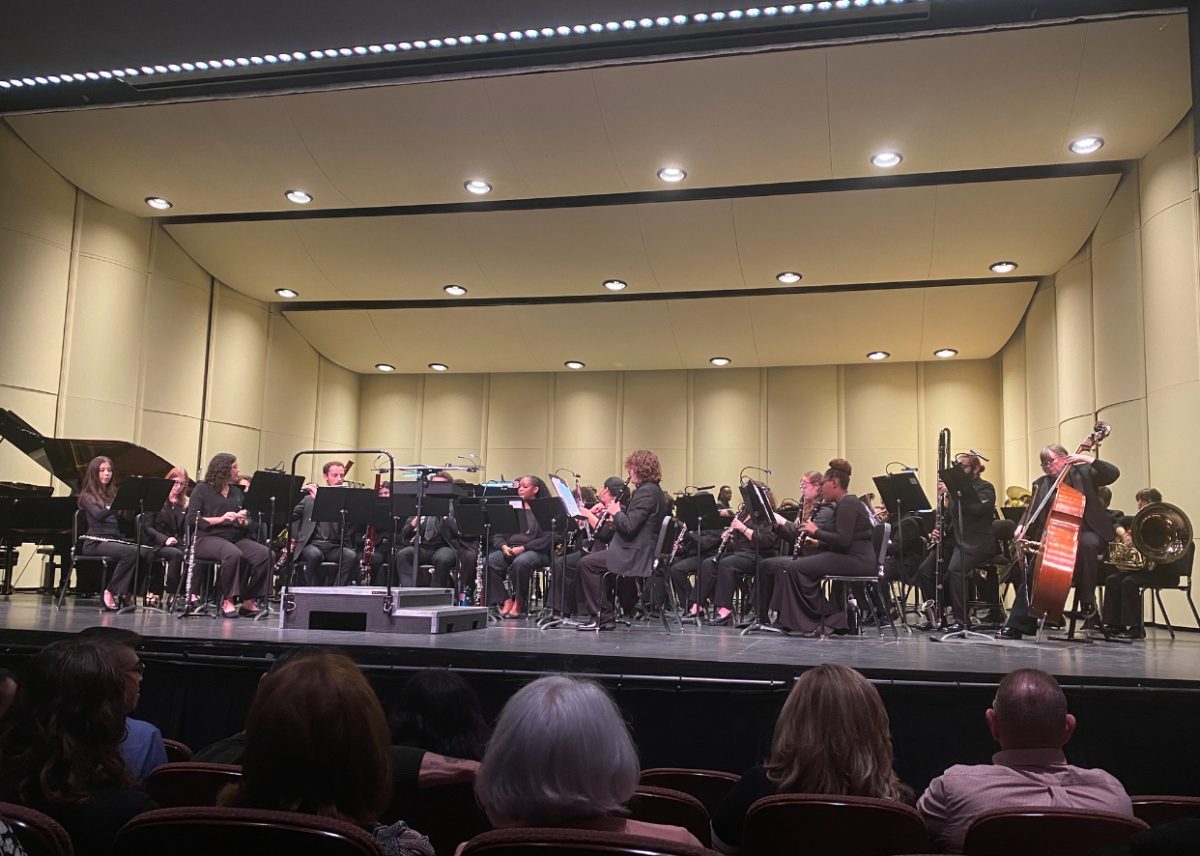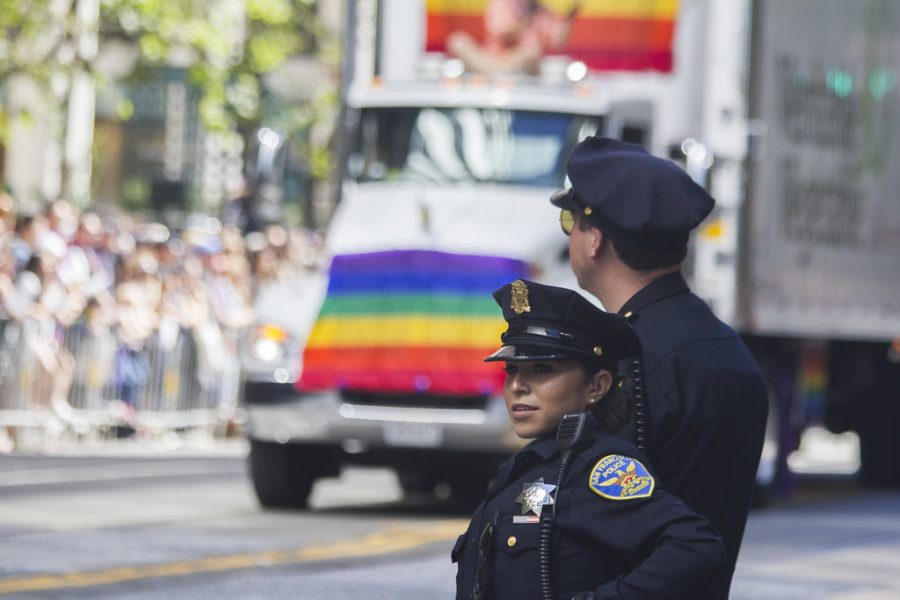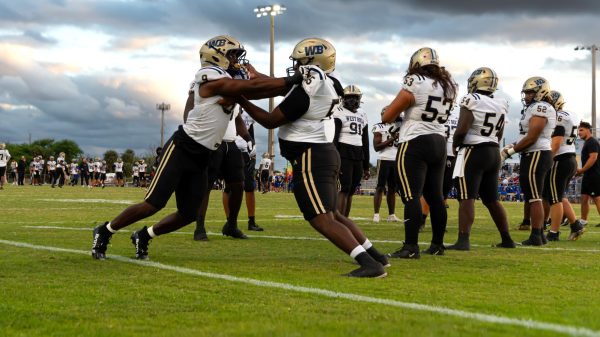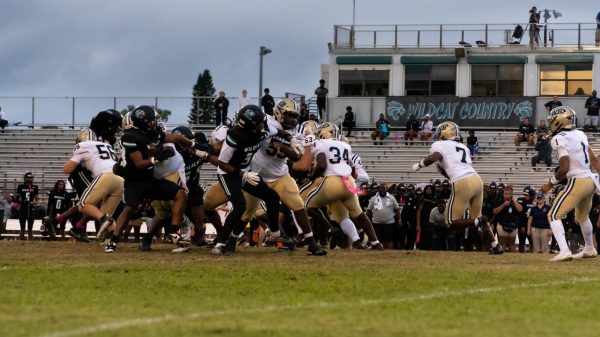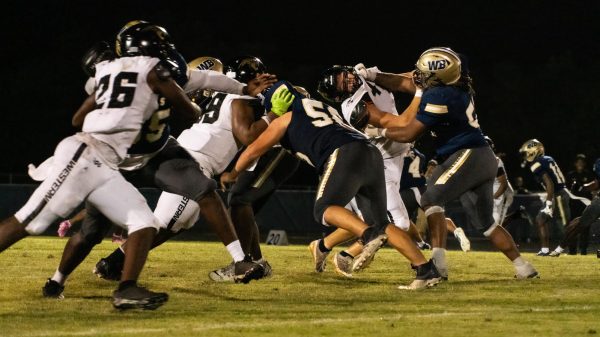Police Banned From Pride?
June 18, 2021
Organizers of NYC Pride events have announced plans to ban police and other law enforcement officers from marching in the city’s annual Pride parade until at least 2025, and will reduce police presence by keeping on-duty officers at least a block away from any Pride-related events. In a press release, NYC Pride said it was seeking to create safer spaces for the LGBTQIA+ community and communities of color at a time when police violence against marginalized groups, including Black, Latino, and trans communities, is front of mind.
The event organizers say the legacy of brutality and abuse against the LGBTQ community by police continues today.
“Part of the trauma and triggers that our community faces are directly tied to that uniform,” said David A. Correa, the interim executive director at Heritage of Pride, Inc., the nonprofit organization that hosts most of the city’s major Pride events. “To be fully inclusive, you have to make the space safe for everyone. And that sometimes means compromise, and Black and brown people and indigenous people have been compromising for centuries.”
For decades, before and after the riots, some law enforcement officers and agencies targeted known LGBTQ-friendly establishments in an effort to shut them down, brutalize patrons, and arrest people who violated the homophobic and transphobic policies of the time, according to the National Park Foundation, an organization that focuses on U.S. history and education.
The Stonewall Uprising of 1969, the culmination of days of protests and clashes with police, was the catalyst for the modern gay rights movement and is what NYC Pride commemorates each year. This is the first year law enforcement officers won’t be marching in the parade for the first time since about 1981 and there will be a reduced police presence at the organization’s events. The ban will remain in place until 2025.
Police will provide first response and security “only when absolutely necessary as mandated by city officials,” according to NYC Pride, with the hope that organizers will be able to keep on-duty officers at least one city block away from the event perimeter where possible.
“The sense of safety that law enforcement is meant to provide can instead be threatening, and at times dangerous, to those in our community who are most often targeted with excessive force and/or without reason,” the organization said in the press release. “NYC Pride is unwilling to contribute in any way to creating an atmosphere of fear or harm for members of the community. The steps being taken by the organization challenge law enforcement to acknowledge their harm and to correct course moving forward, in hopes of making an impactful change.”
Of Course not everyone agrees with this decision. The Gay Officers’ Action League said in a news release it was disheartened by the decision, according to NBC News. The group called the ban an “abrupt about-face” and said the decision “to placate some of the activists in our community is shameful.”
The New York Daily News criticized the ban in an editorial, saying it was “shameful” that “people ironically discriminated against — with a shameful history of being sidelined from other parades — see no irony in kicking a group to the curb just because of their jobs.” The editorial board also noted how much things have changed from a quarter-century ago, when gay NYPD officers sued the department and won the right to proudly march in their uniforms in the Pride parade to now, when officers are being asked to deny part of their identity, lest they offend people who are “triggered” by the presence of police.
“Maybe the parade’s organizers should read their own mission statement, proclaiming that ‘we respect, value, and celebrate the unique attributes, characteristics and perspectives that make each person who they are,” the Daily News editorial board wrote. “Or would organizers prefer that gay, lesbian and transgender cops participate in the parade, but in plainclothes, hiding who they really are? That’s called closeting.”


